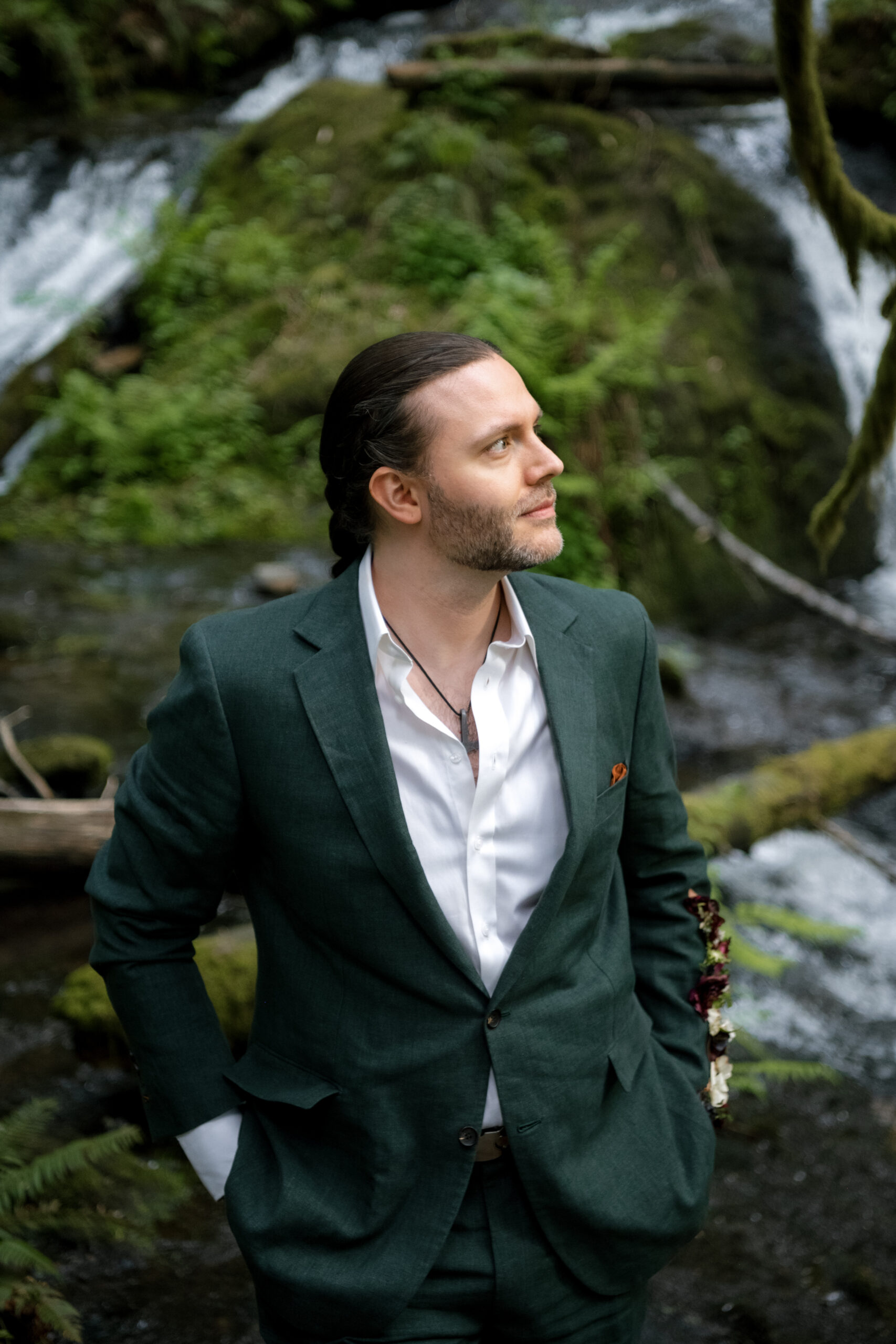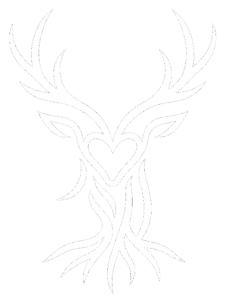About
ForestForest Day Hart is a white, cisgender male, a partner, a stepfather, pet wrangler, and a person who finds peace beneath trees and beside rivers. Living in the Pacific Northwest, Forest carries a lifelong love for nature, quiet paths, and conversations that go beneath the surface. Walk With Hart isn’t just a name — it’s a commitment to walk this life with heart, humility, and purpose.

Forest’s mission is to help restore balance in a world long shaped by disconnection, dominance, and systemic harm. As a white man, he recognizes that his identity is intertwined with a cultural lineage often associated with oppression, violence, and exclusion. Rather than distancing himself from that truth, Forest moves toward it — not in guilt, but in responsibility. He believes that real healing begins with accountability, and that it is not enough to passively “do no harm.” Healing the world, and the communities within it, requires white men to actively participate in repair, reflection, and transformation.
His commitment to healing the masculine has emerged directly through years of relationship, learning, and presence with people across diverse identities. These relationships have held up a mirror, showing how the traits of toxic masculinity — emotional repression, control, disconnection, domination — ripple outward and cause harm. Rather than retreat from this, Forest sees it as an invitation: to live into a form of masculinity rooted in tenderness, integrity, and relational strength. His work is to offer this as both example and space — especially to other men seeking a different way to be.
This mission is not separate from his work with other communities. In fact, they are one and the same. Forest believes in the interconnectedness of all beings — that beneath surface identity, we are not separate. And yet, we live in a world where identities matter. The pain many carry is not just personal, but cultural and systemic. To offer healing is to recognize both: the shared human ache and the specific ways it has been shaped by history.
Forest’s work is a gesture — one white man offering himself with humility, accountability, and heart. A place where people can bring their pain, their questions, and their longing. A space not just to explore the wounds inflicted by white male culture, but the deeper wounds of being human: disconnection, grief, shame, and the longing to be whole.
This work is grounded in justice, equity, diversity, and inclusion. Forest affirms that Black, Indigenous, and People of Color (BIPOC), LGBTQIA2S+ individuals, sex workers, veterans, and people with disabilities have long endured systemic inequities and collective trauma. His intention is to offer culturally responsive, trauma-informed, client-centered care. When needed, that includes being a safe, listening presence for conversations about race, harm, identity, or the pain someone carries around white men. When appropriate, Forest makes space for those truths to be spoken — not to defend or explain, but to hold and witness.
Ultimately, Forest’s mission is to offer a place of steady presence in a chaotic world — a space where it’s possible to slow down, reconnect, and begin to remember what’s always been true: that we belong to ourselves, to each other, and to something deeper than any story we’ve been told.
